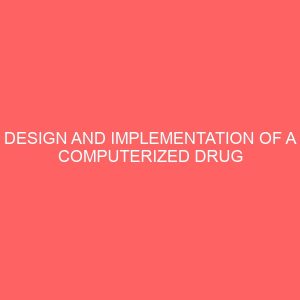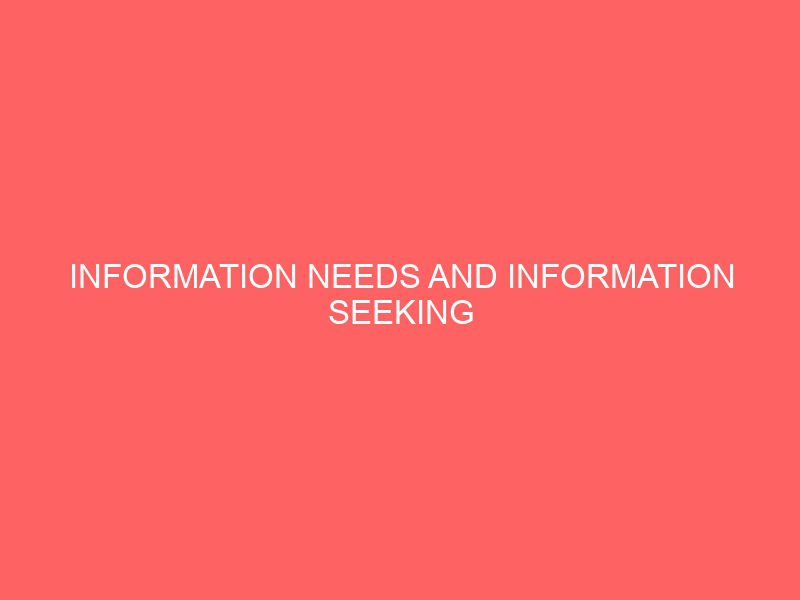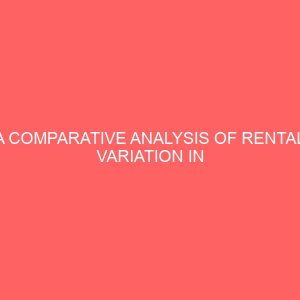Description
ABSTRACT
In recent years, there has been an increasing demand to study the information needs and information seeking behaviour of doctors as an essential element in developing successful clinical information systems and improving the quality of healthcare services. This doctoral thesis focuses on exploring the information needs and information seeking behaviour of doctors in Kuwait government hospitals KGH. The aims are to investigate the internal and external information sources used by doctors in Kuwait government hospitals and to analyze whether the existing clinical information sources meet their needs.
A strategy of sequential, mixed method procedures was followed to gather the research data using focus groups, a paper based questionnaire and semi-structured telephone interviews. The participants of the research included all categories of doctors consultants, senior specialists, specialists, senior registrar, registrar, assistant registrar and trainees, working in four government hospitals: Mubarak A1 Kabeer, A1 Sabaha, A1 Farwania and A1 Amiri in Kuwait.
The findings of the study show that the most frequently mentioned need for information was to keep up to date to maintain good practice. It was found that interpersonal communication and a doctors personal collection, consisting primarily of electronic resources, were the sources most frequently reported as used by the doctors. However, the degree of use of clinical information sources showed that doctors information seeking varied depending on the clinical scenario. Doctors knowledge and patient data were the doctors most frequently used sources of information in the three clinical scenarios: outpatients, wards and the emergency department. There was a low use of knowledge support resources such as the Internet and library resources in the outpatient and emergency rooms. However, use of the knowledge support resources was highest in the wards.
The results showed some contextual factors either supported or hindered doctors in seeking the information they need. The factors were categorised in the following contexts: a Organisation context, b Sociocultural context; c Information sources context and d Scenarios context. Doctors made a number of suggestions for effective information communication and improving the information provision system in KGH. Two conceptual models result from the study findings: a clinical decision making model scenario and the overall conceptual model of information seeking by doctors in Kuwait government hospitals.
The thesis concludes with recommendations and practical implications to enhance the information provision in KGH. Suggestions for further research are also given.
1.0 PREAMBLE
One of the most important areas of research in the library and information science field is user studies which first emerged in the late 1940s Siatri 1999. A range of associated concepts has developed from user studies such as those focusing on information needs, information seeking and information seeking behaviours. These studies have attracted many researchers and a large body of literature has developed, particularly following the rapid development in information and communication technology. The medical field is one discipline which has attracted attention in user studies over the years.
Over the past decades, studies of doctors information needs and information seeking behaviours have become an important focus of medical field and have been investigated in a variety of contexts, particularly doctors working in primary healthcare services. Few studies have been conducted to investigate the information needs and information seeking of doctors working in hospitals. Both primary care doctors and hospital doctors practice medicine and contribute to improving the health of society by providing necessary healthcare services. However, the nature of their duties is quite different. For example, primary care doctors are responsible for defining the diagnosis of the patient and then referring them to secondary care for the appropriate treatment when appropriate. It is then the hospital doctors who continue the journey of the primary care doctors by referring those patients requiring further medical expertise or procedures for either medical care or a secondary diagnosis Simpson et al. 2009a. Besides that, hospital doctors have other duties involving many clinical scenarios. For instance, when they work in the outpatients department they usually see patients who have been referred from primary care or the emergency department and need further diagnosis and treatment. They see inpatients that come to hospital for treatment and diagnosis and who have to stay overnight. In addition, they see emergency patients who need immediate attention for diagnosis and treatment of injuries or illness. Moreover, they may choose to treat patients or refer them to another specialist, consultant or healthcare professional. They work collaboratively with a wide range of other professionals across the healthcare sector. Thus, it seems that doctors are working in a full, rich, contextual environment and, as in any other profession, they need information in their daily practice.
Thus, Hersch and Lunin 1995 mentioned that about a third of doctors time is spent recording and synthesising information and a hospital spends a third of its costs on personal and professional communication. Doctors information needs will be expressed by seeking different types of information sources to fulfil them. Normally, doctors rely on their personal medical knowledge. Thompson 1997 stated that doctors normally rely on their personal knowledge that builds up over years of clinical practice. Also, they rely on information that is available in patient medical files or via communication with the patients such as explanation of symptoms and requests for further investigations such as laboratory tests and Xrays. All these sources of information exist to help ihe doctor reach his/her conclusion. The doctor may ask questions in order to enable his/her medical decisionmaking to provide better services to patients and eventually improve healthcare.
Despite the doctors medical knowledge and patient data resources being the primary information resources that assist doctors in their clinical judgment, they may not be able to satisfy doctors information needs if they are not updated or use other information sources to add to their medical knowledge GonzalezGonzamp;lez et al. 2007. The introduction of information and communication technology, such as the Internet, under the term eHealth Hill and Powell 2009, has the potential to improve health information provision by providing access to a large body of online clinical information and knowledge. In addition, the computerbased patient record is another feature of the advance of eHealth technology. It is designed to support healthcare providers through the availability of complete and accurate patient and medical data and a clinical decisionsupport system. In spite of the several advantages of using these technologies, they increase the amount of clinical information, which may create other problems, as doctors have to access and manage the information they need. Another issue is that new technology may fail to live up to expectations. One of the reasons for the unsuccessful implementation of health information systems as indicated in the literature is the lack of knowledge about the end users information needs Ely et al. 2005. Certainly, doctors information needs and informationseeking is different from one scenario to another. Their information needs occur in different clinical scenarios and the most common scenario indicated in the literature was communication with patients in outpatient departments, wards and emergency rooms. Thus, the degree of using the above mentioned clinical information sources will be crucial in doctors clinical decisionmaking in these three scenarios. This study explores these issues within a Kuwait context.
1.1STATEMENT OF THE PROBLEM
The state of Kuwait is a small, wealthy country, located in the Middle East region, bordering the Persian Gulf, between Iraq and Saudi Arabia ElSayed 2006. The government in Kuwait has started in recent years to join the Information Age through government work programmes Ministry of Planning 2000 and plans to adapt to current developments in information technologies. Today, Kuwait is the third largest information technologies market in the Gulf region, after Saudi Arabia and the U.A.E. Business Monitor International 2009. Healthcare services occupy an important and significant position amongst the decisions made by the government. Health authorities are seeking for an optimal way to utilize and manage the patient medical data to enable healthcare providers to improve the quality of healthcare in Kuwait. One of the major developments in recent years has been the implementation of a healthcare database, the Primary Healthcare System, in all primary healthcare centres in Kuwait. Also, a Secondary Healthcare System for regional hospitals, which is undergoing development, involves the creation of a Hospital Management Information System United Nations 2007. Because doctors working in public hospitals are a fundamental part of the Kuwait healthcare delivery system, their information needs and seeking is crucial in improving the current healthcare information provision. Consequently, this study aims to play a part in these government attempts to improve the situation.
Understanding information users needs and the way information flows through an organization is essential in developing a successful system and improving the quality of services in any organization or society. Therefore, studying the information needs and informationseeking behaviours of doctors in different contexts is a key step in identifying doctors perceptions of their need for information for good clinical decisionmaking and developing a successful information provision system that would help doctors practices.








Reviews
There are no reviews yet.